Graphene could solve five major problems of the world
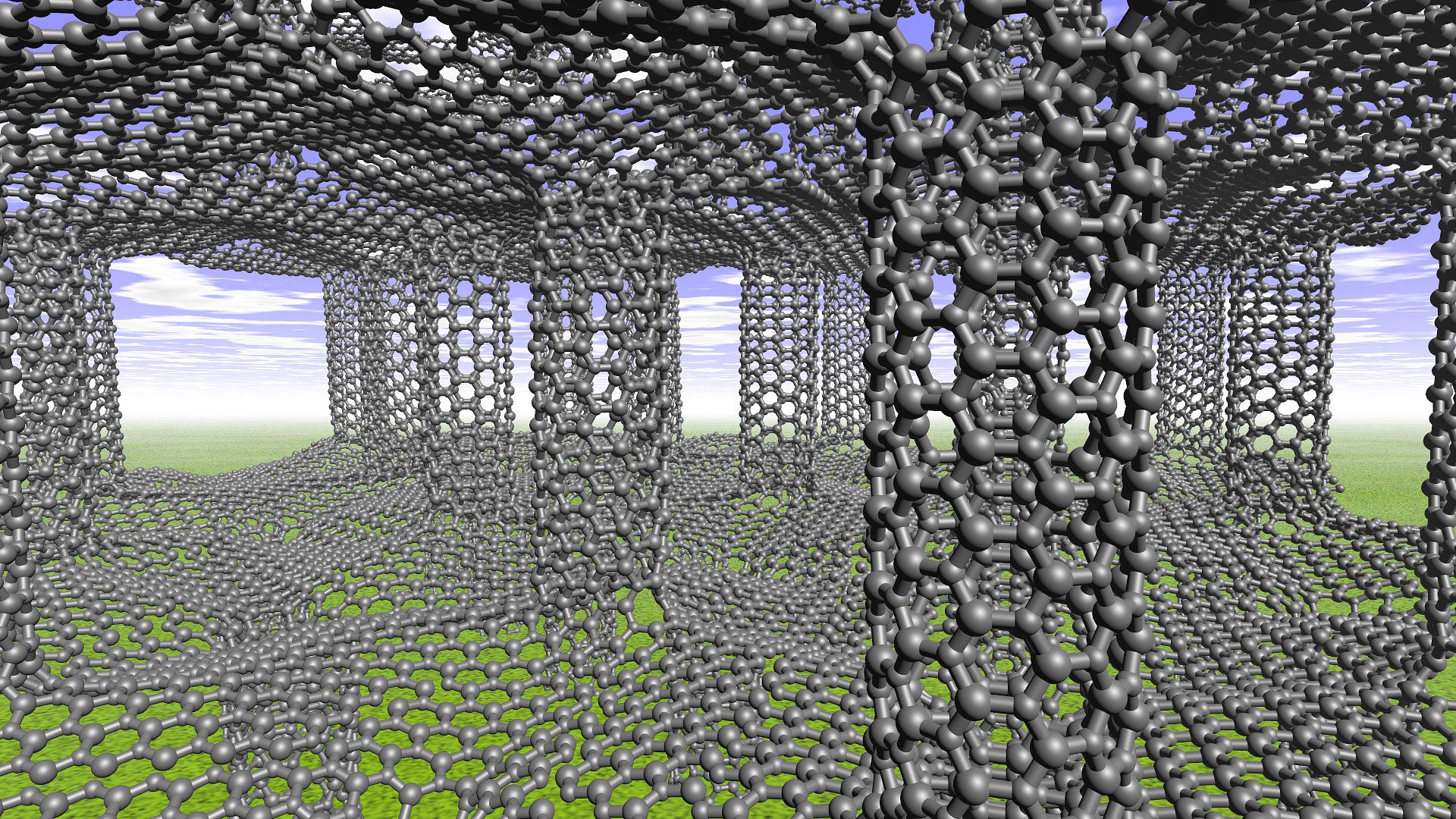 Source:
Source:
In September 2015, world leaders gathered at the historic UN summit to adopt the goal of sustainable development (SDG). Seventeen of these ambitious goals and indicators will help guide and coordinate government and international organizations to solve global problems. For example, SDG 3 provides for "ensuring a healthy lifestyle and affordable well-being for all at all ages". Others include access to clean water, mitigation of climate change and health care.
If you think that these goals are difficult to achieve, you're right. In all seventeen categories there are problems that will not allow them to happen before the designated date in 2030. However, in combination with progress in the socio-political arena of progress in science and technology can be a key accelerator of this process.
Let's give all SDG targets:
-
the
- Pervasive eradication of poverty in all its forms the
- end hunger, achieve food security and improved nutrition and promote sustainable agriculture the
- Ensure healthy lives and promote well-being for all at all ages the
- Ensure inclusive and equitable quality education and promote learning opportunities throughout life for all the
- promote gender equality and empower all women and girls the
- Ensure availability and sustainable management of water and sanitation for all the
- Ensure access to affordable, reliable, sustainable and modern energy for all the
- Promote sustained, inclusive and sustainable economic growth, full and productive employment and decent work for all the
- Creation of a robust infrastructure, promote inclusive and sustainable industrialization and innovation the
- Reduce inequality within and between countries the
- Provision of inclusive, safe, resilient and sustainable cities and human settlements the
- Ensure sustainable consumption and production the
- for urgent action to combat climate change and its consequences the
- Save and sustainably use the oceans, seas and marine resources for sustainable development the
- Protection, restoring ecosystems and promoting their rational use, sustainable forest management, combating desertification, and halt and reverse land degradation and reversing the loss of biodiversity the
- Promote peaceful and inclusive societies for sustainable development, provide access to justice for all and building effective, accountable and inclusive institutions at all levels the
- strengthen the means of achieving sustainable development and the revitalization of global partnerships for sustainable development
Difficult? Perhaps. But the scientists seem to have the answer. Just one word: graphene. A futuristic material with a growing set of potential applications.
Graphene is composed of tightly connected carbon atoms arranged in the lattice with a one atom thick. This makes it the thinnest substance in the world that is 200 times stronger than steel, flexible, elastic, self-healing, transparent, conductive, and even superconducting. A square meter of graphene weighs only in grams 0,0077 can withstand a four kilograms load. It's an amazing material, which, however, not surprising scientists and technicians.
Headlines touting graphene as the miracle material, appeared regularly for the past ten years, and the transition from promise to reality slightly delayed. But it is logical: to the new material found in all spheres of life, it takes time. Meanwhile, the years of graphene research have given us a long list of reasons not to forget about him.
Ever Since graphene was first isolated in 2004 at the University of Manchester and this work earned the Nobel prize in 2010, scientists around the world have found new ways of using and, importantly, create the graphene. One of the main factors inhibiting the wide spread of graphene, was a large-scale production of cheap graphene. Fortunately, in this direction was made with seven-League steps.
Last year, for example, a group of Kansas state University used the explosions to synthesize large quantities of graphene. Her method is simple: fill the chamber with acetylene or with ethylene and oxygen. Use a spark plug of the car to knock. Collect formed on the graphene end. Acetylene and ethylene is composed of carbon and hydrogen, and when hydrogen is absorbed in the explosion, the carbon freely communicates with itself, forming graphene. This method is effective because all it takes is one spark.
If this method to start the graphene revolution, as some believe, remains to be seen. What is obvious is the fact that together with the onset of this revolution will begin to resolve many of the problems. For example…
theClean water
The Sixth goal of the SDG in listed as "ensure availability and sustainable management of water and sanitation for all". The UN estimates that "water scarcity affects more than 40% of the world population and, according to forecasts, will grow."
Filters based on graphene could be the solution. Jiro Abraham from the University of Manchester helped to develop scalable sieve of graphene oxide for filtration of sea water. He argues that "the developed membrane is useful not only for desalination but also to change the size of the pores in the atomic scale, allowing you to filter ions according to their sizes".
In addition, researchers from Monash University and the University of Kentucky have developed a graphene filters that can filter out anything larger than one nanometer. They say their filters can be used to filter chemicals, viruses or bacteria in liquids. They can be used for water purification, dairy products or wine or for production of pharmaceuticals.
thecarbon Emissions
Thirteenth goal in the SDG list on the adoption of "urgent measures to combat climate change and its consequences."
Of Course, one of the main culprits of climate change is the excessive amount of carbon dioxide released into the atmosphere. Graphene membranes could detect these emissions.
Scientists from the University of South Carolina and Hanyang University in South Korea independently developed filters based on graphene that can be used to separate the unwanted gases from industrial, commercial and residential emissions. Henry Foley University of Missouri claimed that these discoveries become "something of a Holy Grail".
With their help, the world could stop the growth of CO2 in the atmosphere, especially now that we have overcome an important indicator 400 parts per million.
theHealthcare
A Lot of people around the world do not have access to adequate health care, but graphene can turn this question upside down.
Primarily, high mechanical strength of graphene makes it an ideal material for replacement body parts such as bones, and due to its conductivity, it can replace body parts that require electric current, for example, organs and nerves. In fact, scientists from Michigan technological University are working on using the 3D printers to print nerves on the basis of graphene, and the team develops biocompatible materials, using graphene to conduct electricity.
Graphene can also be used to create biomedical sensors for the detection of diseases, viruses and other toxins. As effects subjected every atom of graphene, due to the fact that graphene a one atom thick, the sensors can be extremely sensitive. Sensors based on graphene oxide could detect the toxins at levels 10 times lower than required by modern sensors. They could be placed on the skin or under it, and to provide doctors and scientists with a wealth of information.
Chinese scientists have created a sensor capable of detecting only one cancer cell. Furthermore, scientists from the University of Manchester reported that graphene oxide can locate and neutralize cancer stem cells.
theInfrastructure
Ninth goal of SDG is to "create a robust infrastructure, promote inclusive and sustainable industrialization and foster innovation". Composites reinforced with graphene, and other building materials can bring us closer to this goal.
Recent studies have shown that the more graphene is added, the better the composite. This means, graphene can be added to building materials — concrete, aluminum, making them stronger and lighter.
Rubber is also improved by the addition of graphene. A study conducted GrapheneFlagship and her partner Avanzare, said that "graphene enhances the functionality of the rubber, due to a combination of the electrical conductivity of graphene, and mechanical strength with excellent corrosion resistance". Of these rubbers could be made more corrosion-resistant pipe.
theEnergy
The Seventh goal — ensuring access to affordable, reliable, sustainable and modern energy for all. Because of the ease, conductivity and tensile strength graphene can make sustainable energy more efficient and cost effective.
For Example, graphene composites...
Recommended
What will be the shelter for the first Martian colonists?
Mars is not the friendliest planet for humans While the Red Planet is roaming rovers, researchers are pondering the construction of shelters and materials needed by future Martian colonists. The authors of the new paper suggest that we could use one ...
New proof of string theory discovered
Just a few years ago, it seemed that string theory was the new theory of everything. But today the string universe raises more questions than answers String theory is designed to combine all our knowledge of the Universe and explain it. When she appe...
What is the four-dimensional space?
Modeling camera motion in four-dimensional space. View the world in different dimensions changes the way we perceive everything around, including time and space. Think about the difference between two dimensions and three dimensions is easy, but what...
Related News
China successfully conducted a unique operation to restore the ears of children
a Group of five children in China got new ears, grown on the basis of a detailed three-dimensional models of healthy organs and using their own healthy cells. This is the first such case in the world of medicine. On the work done ...
What will happen to science in the near future?
If you go back 30 years ago, the world would be completely different. The only known planets were the planets of the Solar system. We had no idea what dark energy is. No space telescopes. Gravitational waves were an unproven theor...
Scientists close to creating artificial life forms
it would Seem that the creation of artificial life – the lot fiction. But development in this area being the first year. And the question now is not about artificial intelligence or robotic mechanisms. A group of American research...
Can genetics to make animals smarter?
advances in neural implants and genetic engineering suggest that in the near future we will be able to enhance human intelligence. For example. If we succeed, if we should take the brothers with you? The improvement of the human b...
Cosmetic company L'oreal grows human skin specifically for China
the Cosmetic industry in recent years stepped far forward, and to test new cosmetic products now use a specially grown human skin. But as you know, the skin of people of different nationalities at the micro level may be very diffe...
Robot scientist discovered a new drug
Development and testing of new drugs – employment is extremely long and labor-intensive. But, like everything in the modern world, this area of pharmacology is sometimes to "instruct" robots, because they can calculate all possibl...
Physicists accelerate beams of light in a curved space in the laboratory
Physicists have managed to demonstrate the acceleration of the light rays on flat surfaces when accelerating led to the fact that the rays follow curved trajectories. However, a new experiment has expanded the boundaries of what y...
Scientists have created a gamma ray burst in the laboratory
Gamma ray bursts, the powerful flashes of light — these are the brightest events in our Universe, which do not last longer than a few seconds or minutes. Some are so bright that they can be seen with the naked eye, like burs...
Physics of the Tomsk state University are developing levitation 3D printer
a New method for ultrasonic 3D printing has developed the physics of the Tomsk state University. Recently they have developed a setup for levitation of small particles that will be used as the basis for the levitation of a new 3D ...
Appeared in Dubai's first vertical farm
the world is not the first day is developing projects for the greening of cities and the establishment of so called «vertical farm», which will not only improve the ecological environment, but also significantly save spa...
10 scientific stories of 2017, which will seem fantastic
And now it is time to sit down, look back, take a deep breath and look at the headlines of scientific articles that we might otherwise miss. Scientists are constantly pleasing us with new developments in various fields. Nanotechno...
Six houses of the future which will protect you from climate change
Floods, droughts, hurricanes, forest fires, once rare weather events are becoming more common and powerful because of climate change. And it is impossible to deny. At the same time, more and more people move to cities around the w...
Glowing plants will illuminate the streets
On the streets of our cities we used to see a lot of plants that carry out, as a rule, purely decorative function. But what if all this flora it would be possible to give additional functions? For example, the day plants produce o...
Scientists from MIT created a tattoo from a living cell
Researchers from Massachusetts Institute of technology (MIT) invented a temporary "tattoo" consisting of a genetically engineered living cells. Their prototype is similar to a transparent sticker with a pattern resembling wood. Th...
Russia is working on a wheelchair controlled by gaze
High technology are designed not only to facilitate our lives, but also improve the quality of people with disabilities. Russian scientists on the basis of the research center "Kurchatov Institute" has developed a new wheelchair g...
How to make a trip back in time physically possible?
the Idea that we could go back in time to change the past, became one of the favorite techniques in movies, literature and television series. "Harry Potter", "Back to the future", "Groundhog Day" and many other movies promised us ...
Presented home solar installation for the production of water from air
Despite the fact that at the moment, the question of depletion of drinking water is not raised too often, however, fresh water is gradually ending, so many companies today are engaged in creating solutions for "alternative" extrac...
Russian scientists have developed ekotoplivo from waste
the High content of carbon dioxide in the atmosphere, according to scientists, is the main cause of the greenhouse effect, and the particles of ash may contain heavy metals, toxins and carcinogenic trace elements. Therefore, the q...
10 secrets of science that will make you immortal in this century
With each passing day science brings humanity to the old dream: immortality. The path to immortality is thorny and difficult, but the end goal justifies any means (although this is debatable). It is highly likely that born in this...
CERN again "groped" new physics
From the mid to late twentieth century quantum physics has dismantled piecemeal a unified theory of physics proposed the General theory of relativity. Physics is a great subject to gravity, but only quantum physics can describe ob...























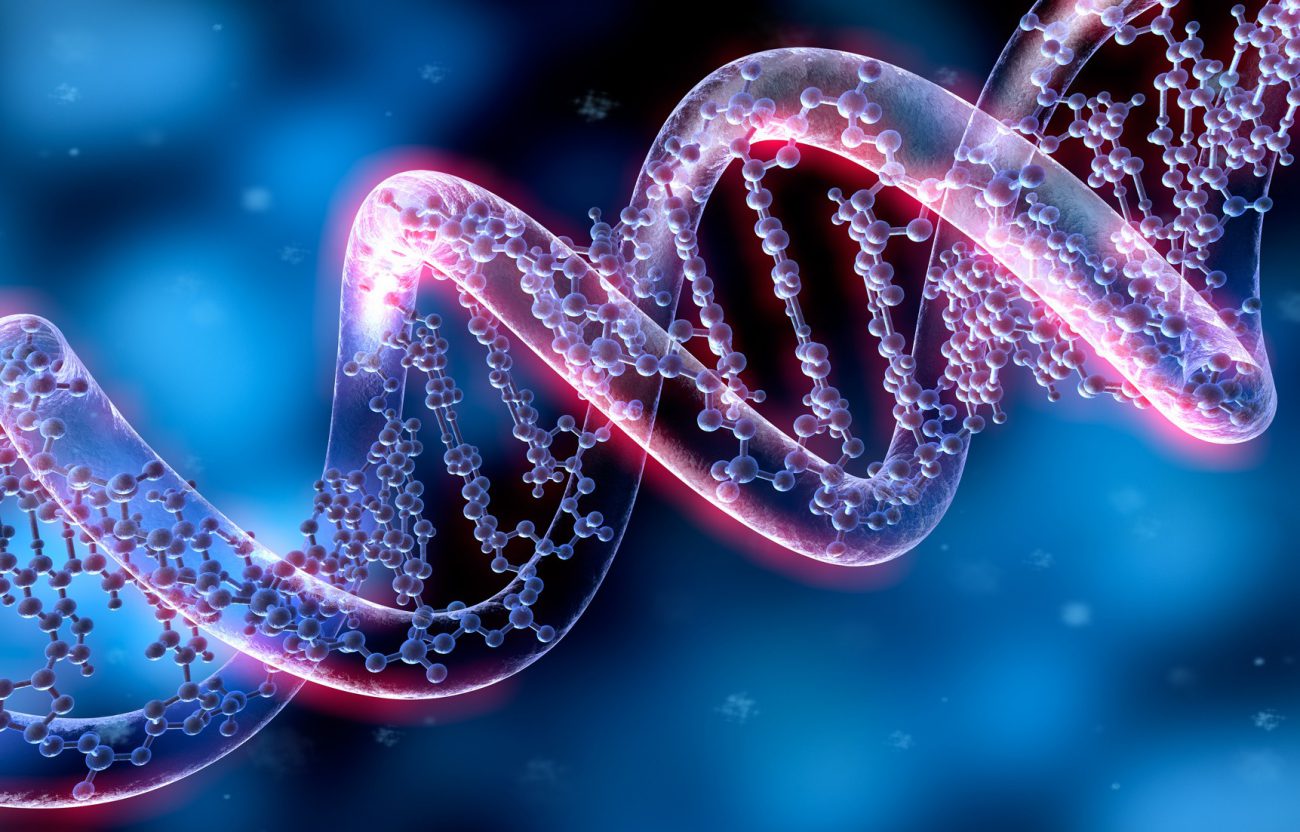





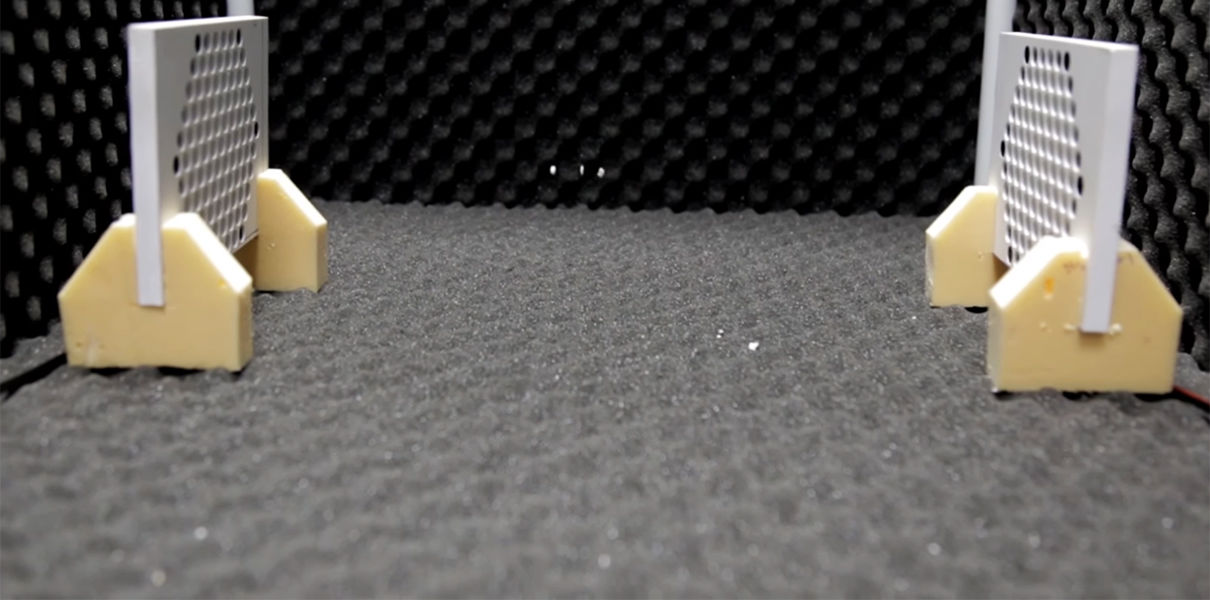

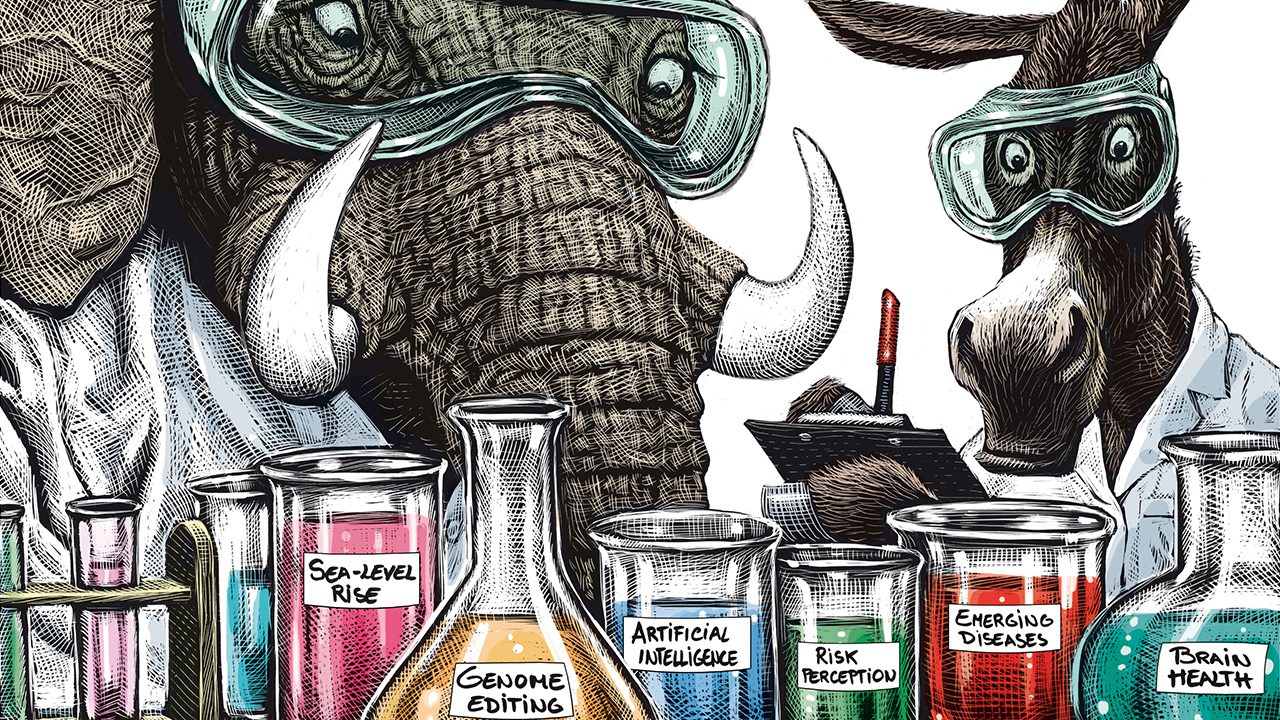








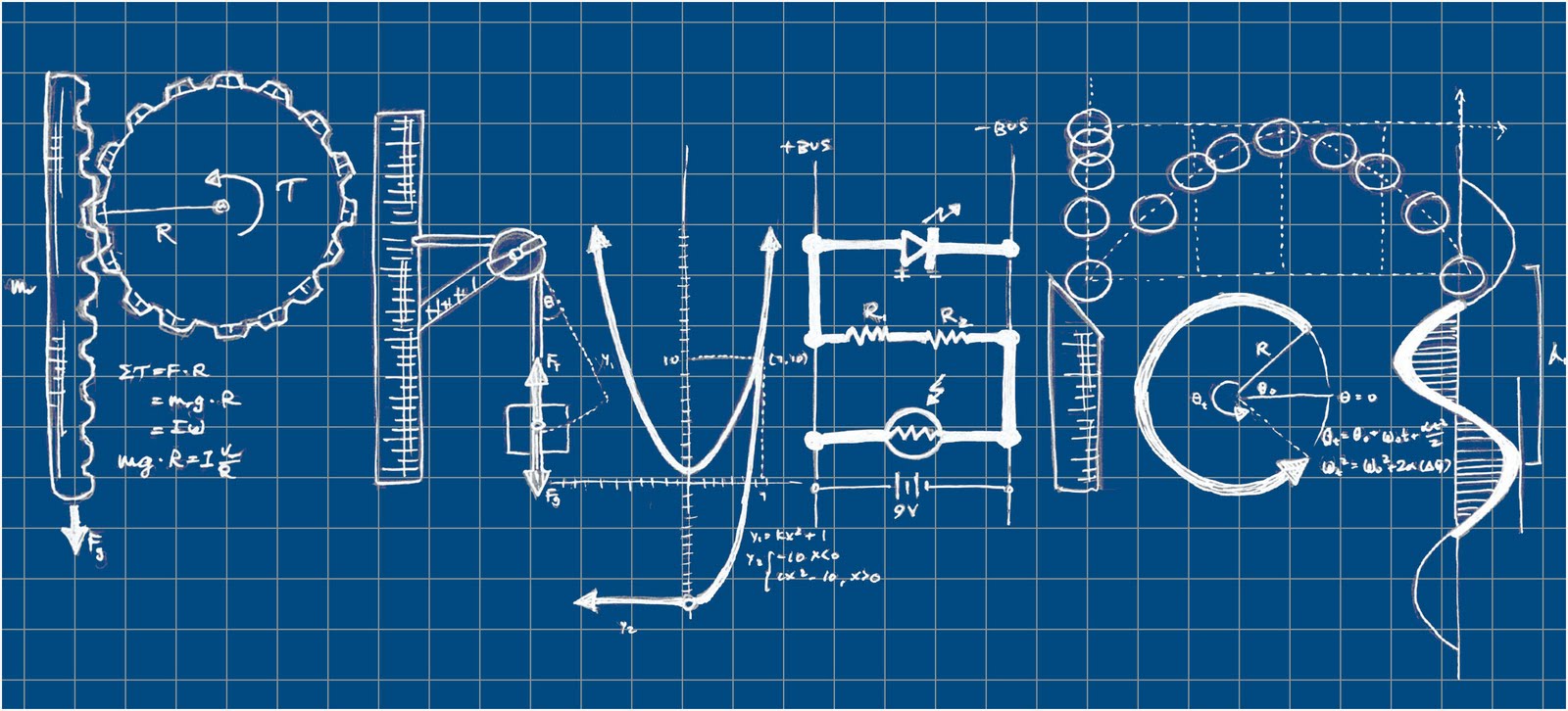
Comments (0)
This article has no comment, be the first!